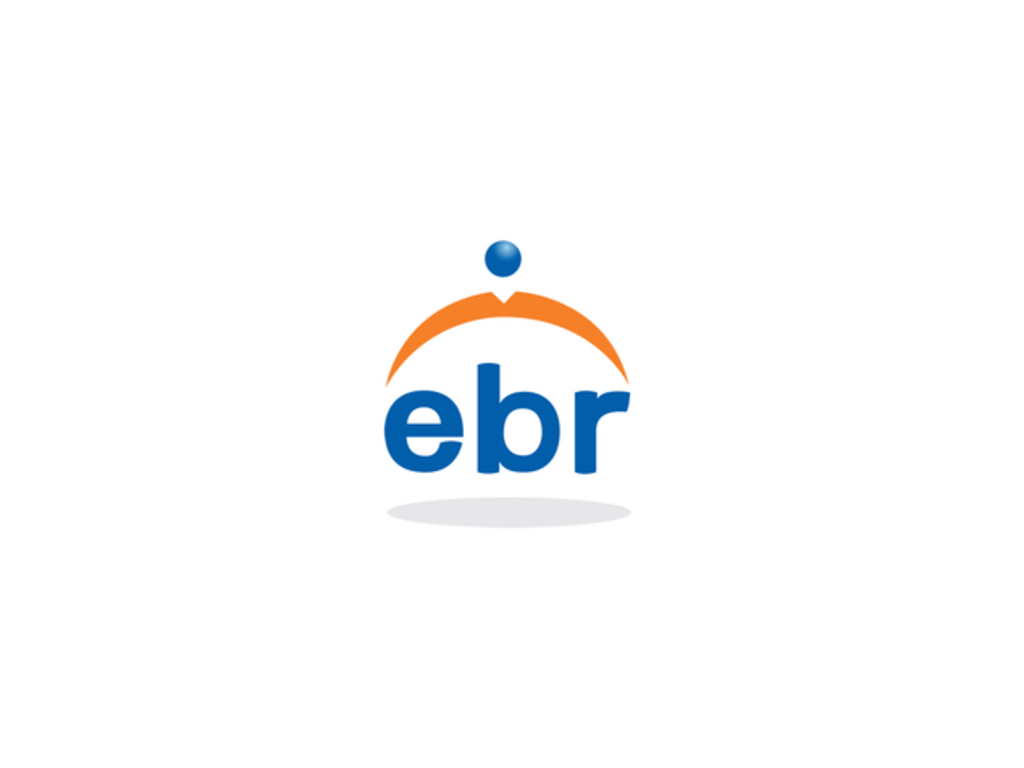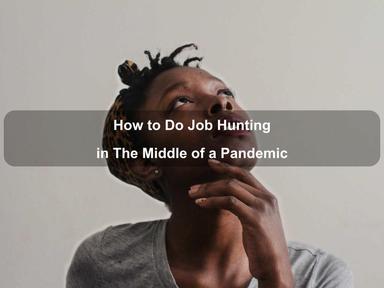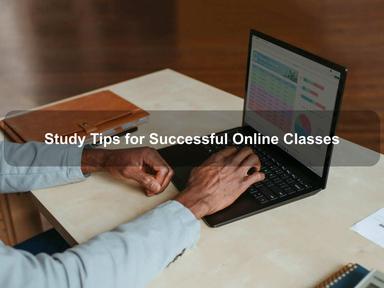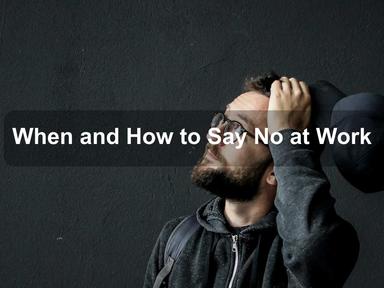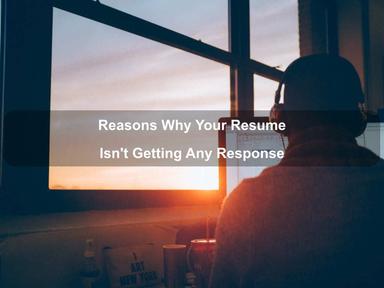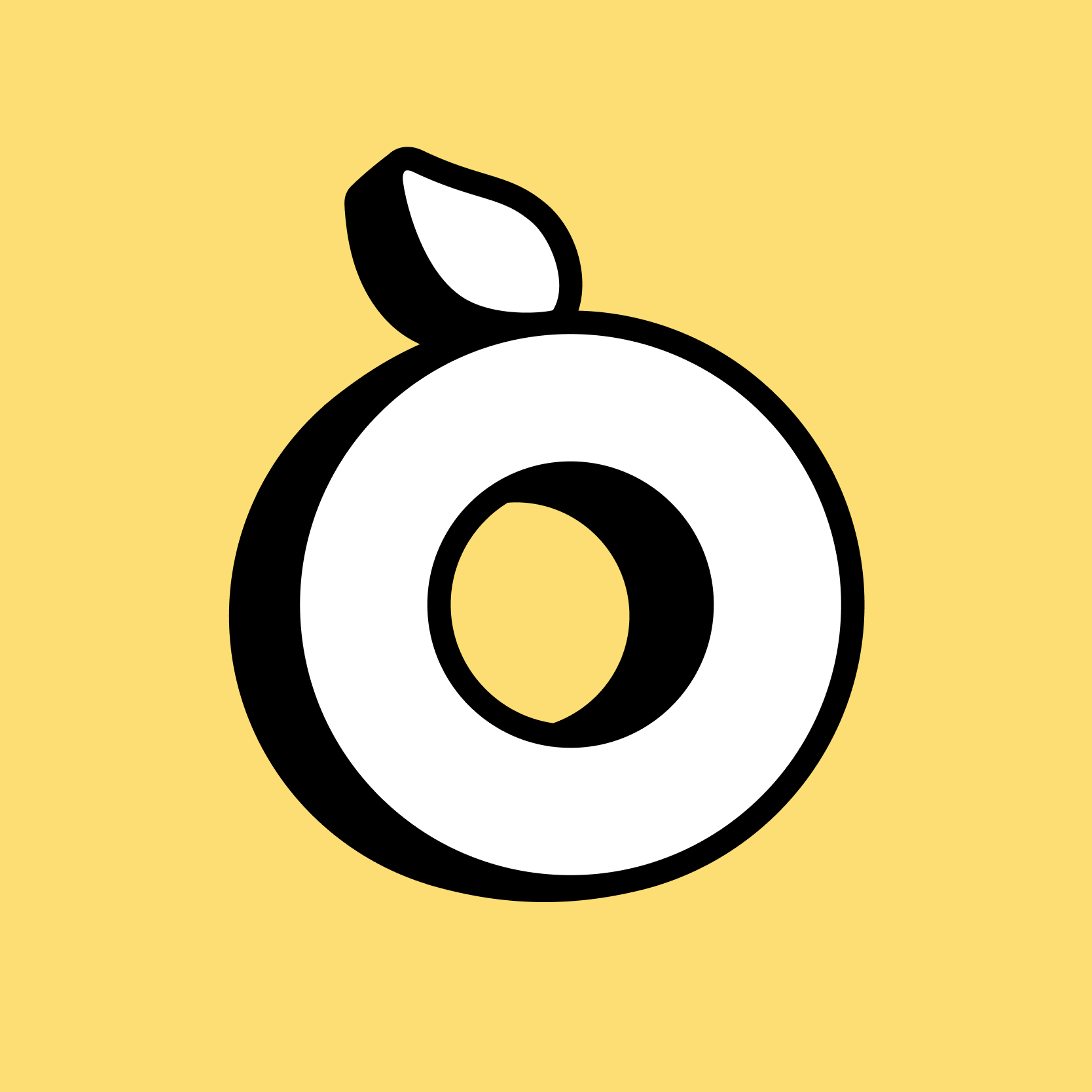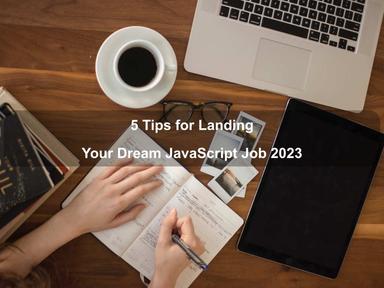published: 12 Dec 2019
3 min read | website: www.ebr.com.au
While it may seem nerve-wracking to answer interview questions on the spot, it can be simpler than you think if you are able to prepare properly beforehand. Below are some key ideas to get you started on preparing.
Be prepared for what the interviewer will ask you:
Each interview question is aimed at understanding a certain aspect of yourself, whether it be your professional attitude, your personal hobbies or your general personality. So, while you may not know what the exact interview questions will be, you can still prepare by noting down some key aspects about your portfolio, personality and professional attitude that you want to show off to the interviewer. That way, you already have a set list of key points to continually refer to when you answer interview questions.
Use examples:
Once you have your list of key attributes that you think are great selling points, then recall some examples and stats to back up your answer. For example, if you are prepared to tell your interviewer that you are an analytical, data-driven person who is great at increasing consumer engagement on social media, then have examples of times that you have increased consumer engagement using data, along with some numbers to back up your statement. By understanding what the question is asking you and being prepared with sample answers and examples, then you would be able to present strong, well-developed arguments to the interviewer as to why you should be chosen.
Understand what the question is asking you:
As mentioned earlier, each question is aimed at understanding a certain aspect of you. Being able to understand which aspect that the question is targeting is the key to understanding how to answer effectively. To do this, listen out for keywords in the questions. For example, if the question asks you, 'how do you want to improve yourself in the next year?' then the key phrases would be 'improve yourself' and 'next year'. From here it is easy to tell that the question is asking you about your plans regarding career development. Consequently, you should be able to have an idea of how to answer this question, especially if you have already prepared key points beforehand (as noted from the previous tip). Thus, being able to really unpack and understand what interview questions are asking you would allow you to come up with specific answers that will best effectively target those questions.
Know the generic ones:
Generic questions may seem overused and thus unlikely to be asked, but they are commonly used for a reason. Generally these questions cover a broad range of topics in a short time span, such as 'tell me about yourself', or they answer very specific points that all employers are worried about, such as 'tell me about a time you have helped resolve a conflict.' As a result, it is always important to have answers prepared for these interview questions as they are likely to come up. Check out the topmost commonly asked questions asked below and prepare answers for them according to the tips discussed above.
1. Tell me a little about yourself.
2. What are you biggest weaknesses/strengths?
3. Where do you see yourself in __ years?
4. Why did you apply for our company?
5. Why do you want this job?
6. Tell me what you know about our company.
7. What is your biggest professional achievement?
8. Tell me about a time you were in a conflict.
9. How would other people describe you?
10. What can we expect from you in your first ___ months/years?
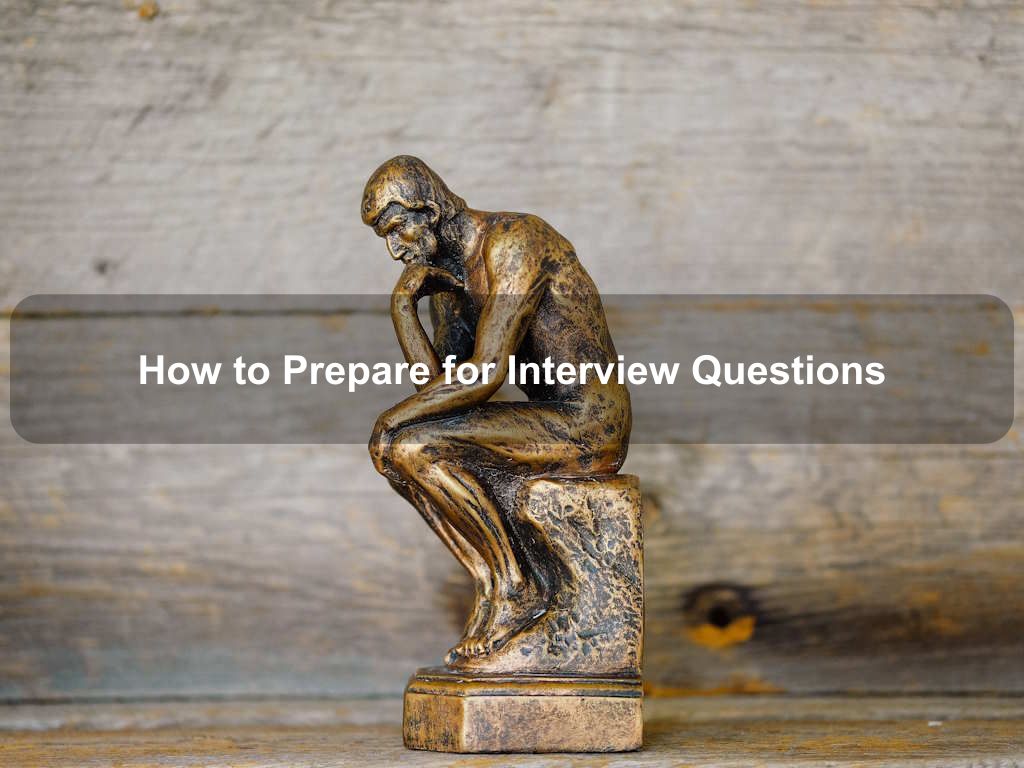
Are we missing something? Help us improve this article. Reach out to us.
